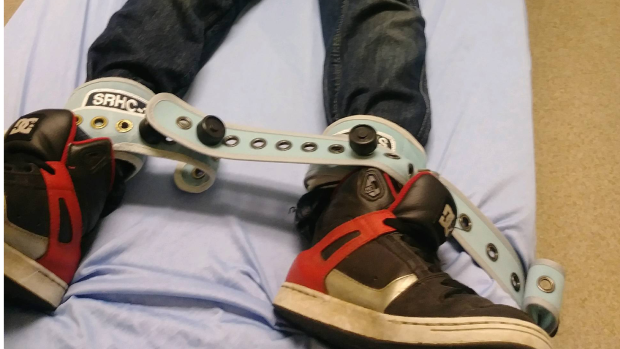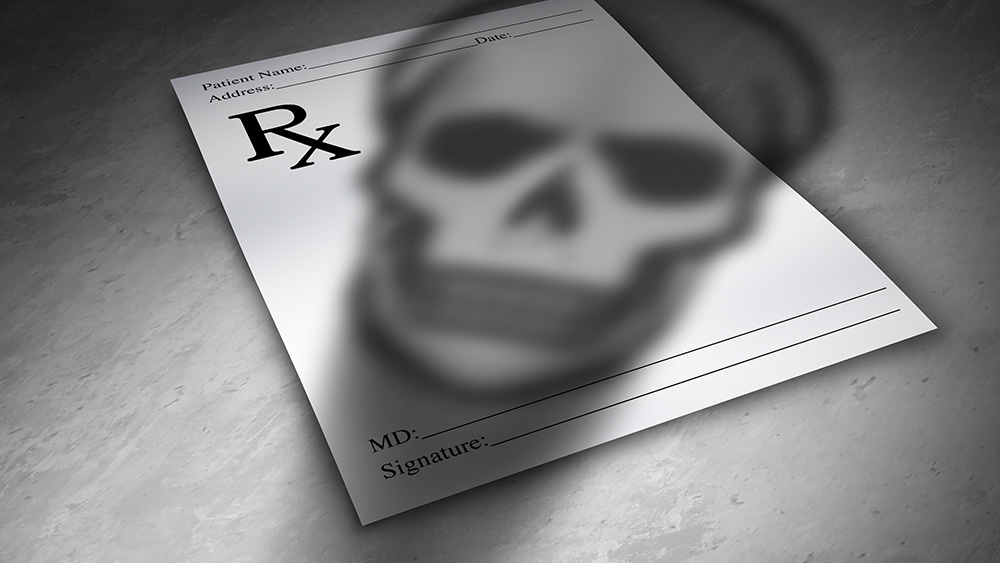Americans get almost half their medical care from the emergency room due in large part to lack of adequate insurance
03/15/2019 / By Rita Winters

For urban dwellers, time is crucial. A lot of people today are choosing emergency rooms over scheduled consultations. In fact, a new study suggests that Americans seek help through emergency departments due to the inadequacy of health insurances. The team of researchers at the University of Maryland School of Medicine (UMSOM) found that there is a surprisingly high number of usage of emergency department visits in lieu of inpatient and outpatient care.
David Marcozzi, an associate professor in the UMSOM Department of Emergency Medicine, and co-director of the UMSOM Program in Health Disparities and Population Health, stated that this study is a means to better understand this country’s healthcare system, and how individuals demand health care services.
Some medical personnel suggest limiting emergency department use in order to prioritize patients with critical health needs, but others say that it isn’t possible as of the moment. Most individuals seek healthcare from emergency departments because it covers deficiencies of outpatient and inpatient care. These deficiencies include lack of medical equipment, hospital beds/rooms, and hospitals, and the promptness of being attended to. Having a healthcare insurance does not exactly equate to being “cared for,” hence the need for people to seek attention from departments that are supposedly for individuals with critical cases. The volume of patients currently “checked in” at emergency departments can be attributed to the deficiencies mentioned above. Furthermore, the increase in emergency department visits can be blamed on the lack of disease/illness prevention and health-maintaining strategies.
Unlike most inpatient and outpatient services which are mostly scheduled, emergency rooms are available 24 hours a day, seven days a week. The country’s current living population demand speedy and efficient services, especially in relation to health. Unfortunately, emergency departments are also lagging behind in service time due to the high number of visits daily. The average time spent by a patient waiting before seeing a nurse, assistant, or physician is around 24 minutes. Individuals with broken bones wait for an average of an hour before being administered pain medication. Most patients spend more than two hours before being sent home or taken to their room when admitted.
Emergency department statistics
Every year in the U.S., there are 136.3 million emergency department visits, as compared to outpatient and inpatient visits at 101 million and 39 million, respectively. Inpatient visits include planned consultations and hospital confinements. In the U.S. overall, there are 42 visits per 100 persons.
Out of 100 people, 38 people in California visit the emergency department; 44 in Florida; 41 in Illinois; 37 in New York; and 49 in Texas. Statistics also show that 21 percent of 18-year-olds and under make use of the emergency department as compared to 63 percent of individuals aged 18 to 64, and 16 percent who are 65 years and older.
Only 29 percent of emergency department visits use private insurance; 35 percent use Medicaid or the Children’s Health Insurance Program; 18 percent use Medicare; 14 percent have no insurance; and 13 percent have an unknown insurance status.
The five hospitals that have the most emergency department visits are: Florida Hospital Orlando, Lakeland Regional Medical Center in Florida, Yale-New Haven Hospital in Connecticut, Genesys Regional Medical Center in Michigan, and Memorial Hermann Southwest Hospital in Texas. According to the study, those living in the South are more likely to have an emergency department visit than other areas of the country.
Using the emergency room for non-emergency and non-critical cases is a bit risky because it heightens confusion among healthcare professionals when assessing the patients’ health needs. In other words, patients with non-emergency cases are mistakenly given priority over patients who really need the medical attention. It goes both ways: Patients with emergency cases can likewise be seen by healthcare experts as non-emergency cases that are not to be prioritized.
To sum it up, having health insurance does not mean you will get attended to immediately. Having it might reduce medical expenses, but no assurances can be made for the time it takes to be fully taken care of, especially when you have health needs that you deem critical. It is best to take care of yourself first and keep a healthy lifestyle in order to reduce our reliance on health insurances.
Sources include:
Tagged Under: Big Pharma, emergency room, health coverage, health freedom, health insurance, healthcare, insurance, medical care, Medicare
RECENT NEWS & ARTICLES
COPYRIGHT © 2017 MEDICAL EXTREMISM




















